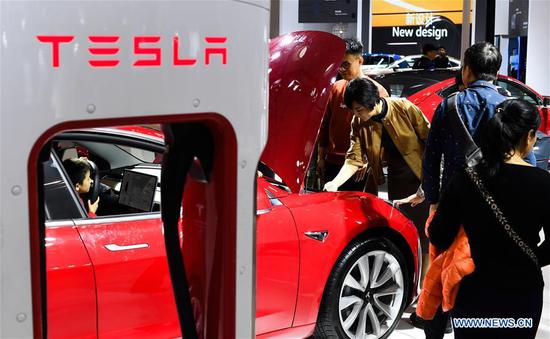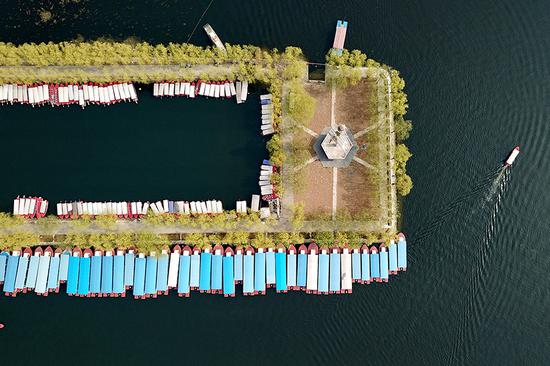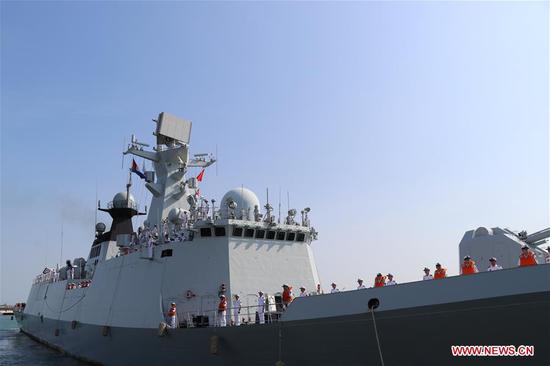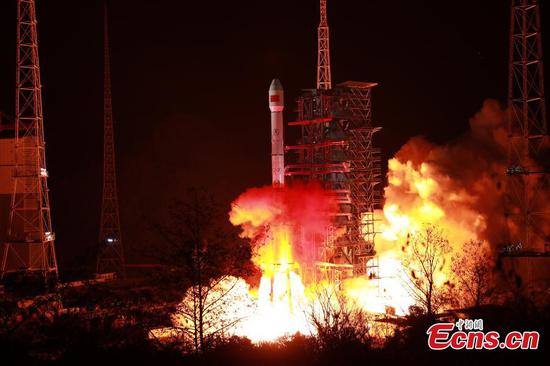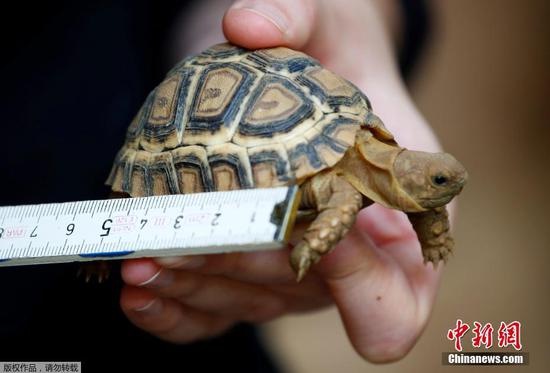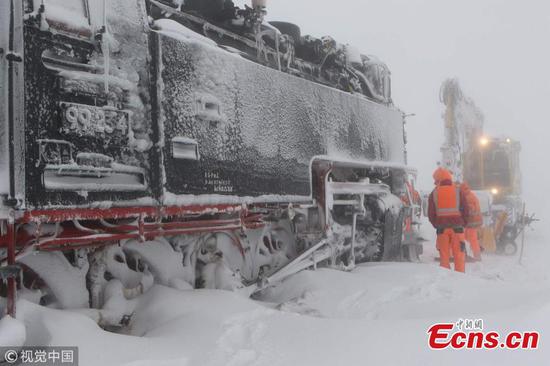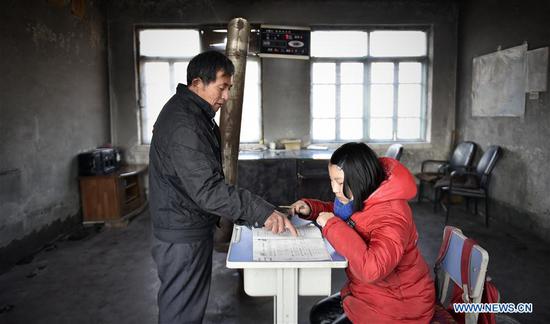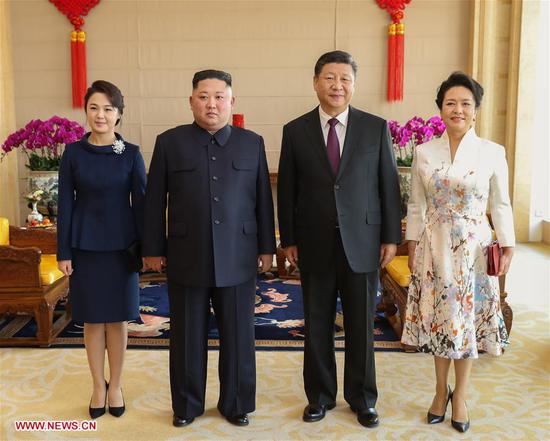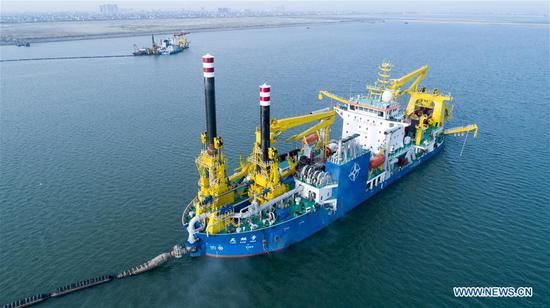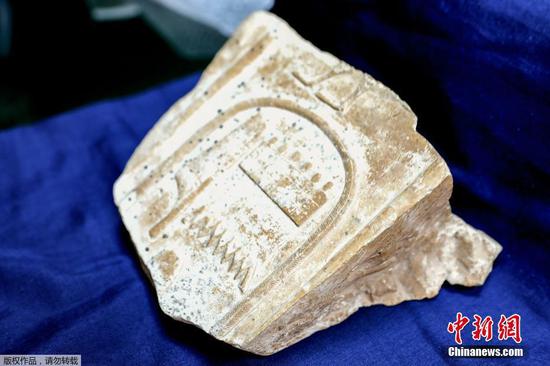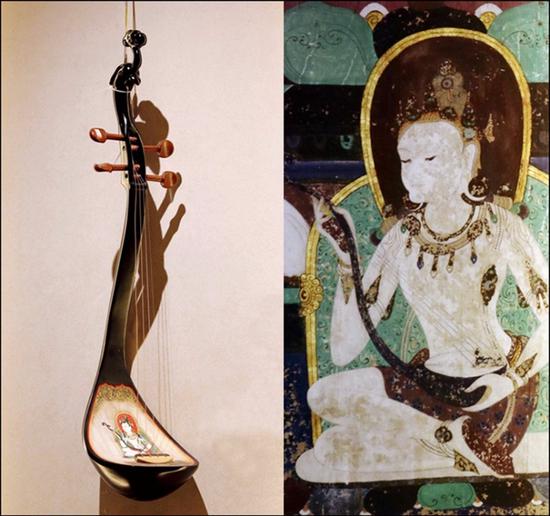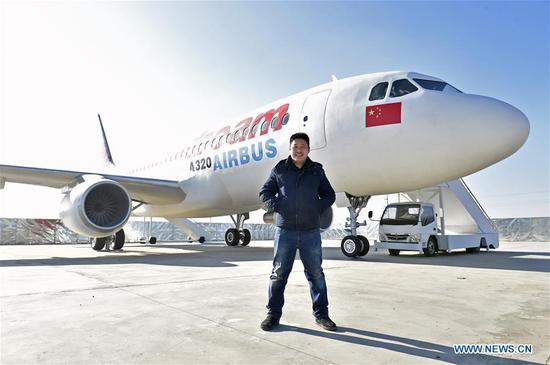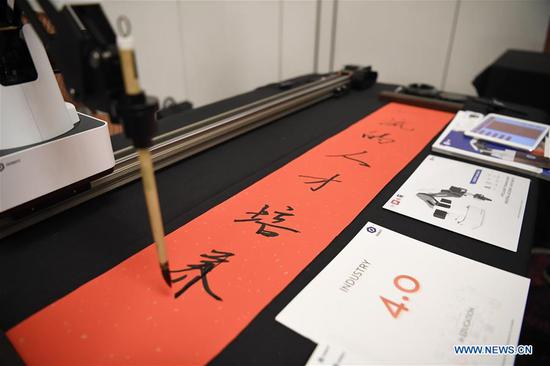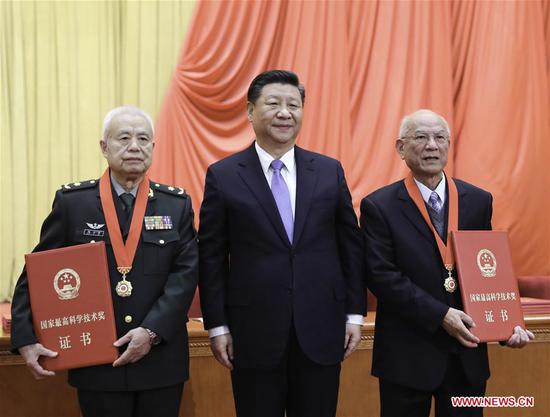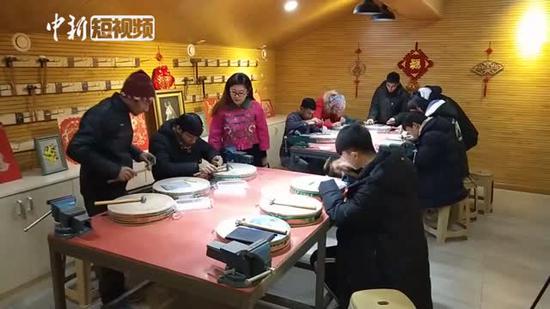China aims to build its comprehensive bonded zones into globally competitive centers for process manufacturing, research and design, logistics, maintenance, repair and sales services, high-ranking officials said on Thursday.
Comprehensive bonded zones are special commercial areas managed by customs officials that feature favorable taxation policies.
Plans call for the zones to be improved with streamlined procedures to boost global competitiveness, said Li Guo, deputy head of the General Administration of Customs, at a policy briefing hosted by the State Council Information Office.
The zones are part of a new guideline drafted by the General Administration of Customs and 14 other departments, which promotes high-level opening-up and high-quality development for the comprehensive bonded zones. It was approved at the State Council executive meeting on Jan 2 and is expected to be released soon.
Manufacturers within the zones will be able to import some goods duty-free and will be allowed to take orders from domestic companies outside the zones. Cellphones and automobile components made in the zones will be sold in China without import licenses.
The zones will conduct global maintenance business and hightech, high value-added remanufacturing, while preferential import policies on cross-border e-commerce will be applied, Li said.
Enterprises in comprehensive bonded zones can take advantage of preferential tax and foreign exchange policies to facilitate their export manufacturing and logistics. The new guidelines allow some manufacturers to work for the domestic market.
Since 1990, China has developed six types of special administrative zones for customs purposes, including comprehensive bonded zones. The first 11 months last year saw imports and exports of 4.7 trillion yuan ($691 billion), an increase of 12.3 percent over the same period in 2017, in all of China's 140 special customs administrative zones, including 96 comprehensive bonded zones. They accounted for 16.8 percent of China's imports and exports.









